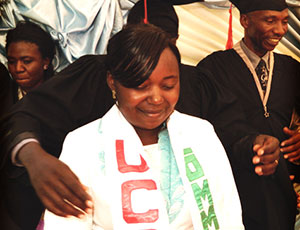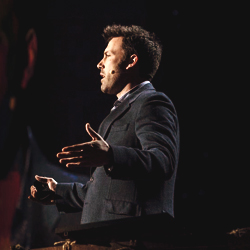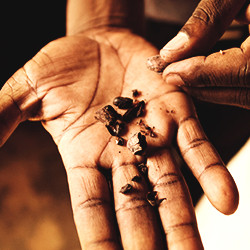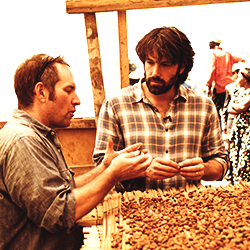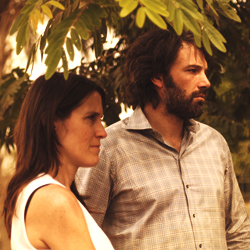Dear Supporters,
Four years ago, I founded ECI because I believed in the promise of the Congolese people to rise above their circumstances. In 2012, those circumstances were challenging and at times dire. In my 2012 annual report letter, I shared stories of inspiring Congolese organizations and entrepreneurs who, amid the worst surge of violence in years, worked to build a better future for themselves, their families and their communities.
I am pleased that we can share a more hopeful and uplifting story in this year’s annual report. While 2013 was by all accounts a challenging year for the people of DRC, it was also one of small yet powerful victories.
After sustained advocacy efforts from ECI and our partners, the U.S. government alongside the international community took bold steps to bring peace and stability to the people of DRC. Both the Obama Administration and United Nations appointed high-profile special envoys who bring extensive experience credibility to their positions. Celebrated by advocates and the Congolese people, these appointments demonstrated renewed international engagement and commitment to a prosperous, peaceful Congo. Acting on that commitment, the U.N. Security Council unanimously voted to expand the mandate of the long-standing regional peacekeeping force, MONUSCO, to go after and eliminate armed groups from further acts of violence and impunity.
What is clear is that steps taken by the international community have yielded profound results when we’ve needed them the most.
In November 2013, through the combined efforts of the Congolese army and a special African-led U.N. force known as the Force Intervention Brigade, the M23 militia surrendered. A signed peace agreement a year after the same militia besieged Goma and forced the staggering and unimaginable displacement of hundreds of thousands of Congolese continues to hold.
Congolese have started to return to their homes and are cautiously hopeful in the promise of sustained peace and security.
These efforts were conducted with the full support of the international community, it’s important to remember that this victory was led by the Congolese army and a force comprised of troops from three African nations. Their success reinforces an important truth, that when the Congolese people rise to the moment and the international community invests in their abilities, these challenges are in fact solvable.
While there is much work to be done, it is encouraging to see that the international community is once again focused on DRC. Policymakers at the highest levels in Africa, Europe and the United States are working in partnership with the Congolese Government on electoral, judicial and security sector reforms. With still much to accomplish, ECI is proud to have played a pivotal role in these early successes and we remain committed to the long road ahead.
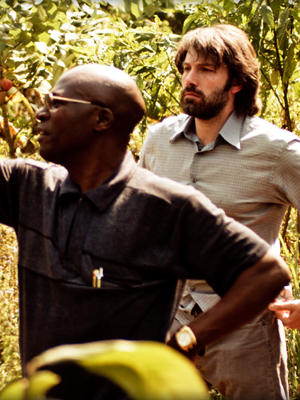
As we look to the future and continue to develop powerful and effective partnerships, I am pleased to announce a structural transition for ECI that will provide even greater focus and leadership to our Goma headquarters, the heart of ECI’s operations. On behalf of our Board of Directors, I am delighted to announce that Dario Merlo will serve as ECI’s Country Director and interim Executive Director. Dario will be based in our Goma office and will guide all aspects of ECI’s grant-making and advocacy efforts. From DRC, Dario is an entrepreneurial leader, passionate advocate and experienced manager who brings a decade of leadership experience in community-based programming. Dario will manage ECI’s very capable Congolese team and oversee all of our activities in the region, building on the remarkable successes of our grantees and team.
From the rapid expansion of our cocoa development work with Theo Chocolate, to the first-ever graduating class from our university grantee UCBC, the stories contained in this report are real life examples of the Congolese people shaping their own future. They inspire us and remind us of what is possible. ECI will continue to do our part to support and champion their work and help ensure that lasting peace and stability remain within sight for all Congolese.
On behalf of our Congolese team and our Board of Directors, it is an honor to present to you the 2013 annual report.
— Ben
